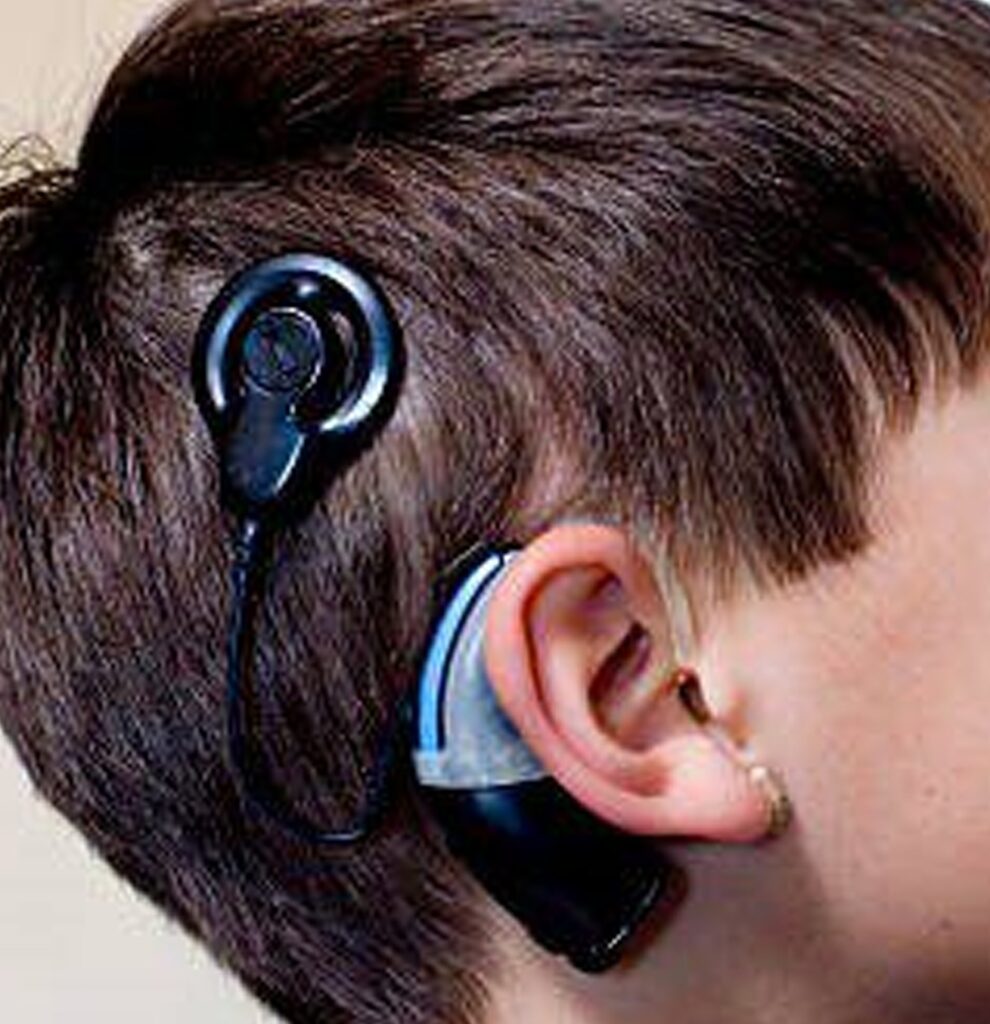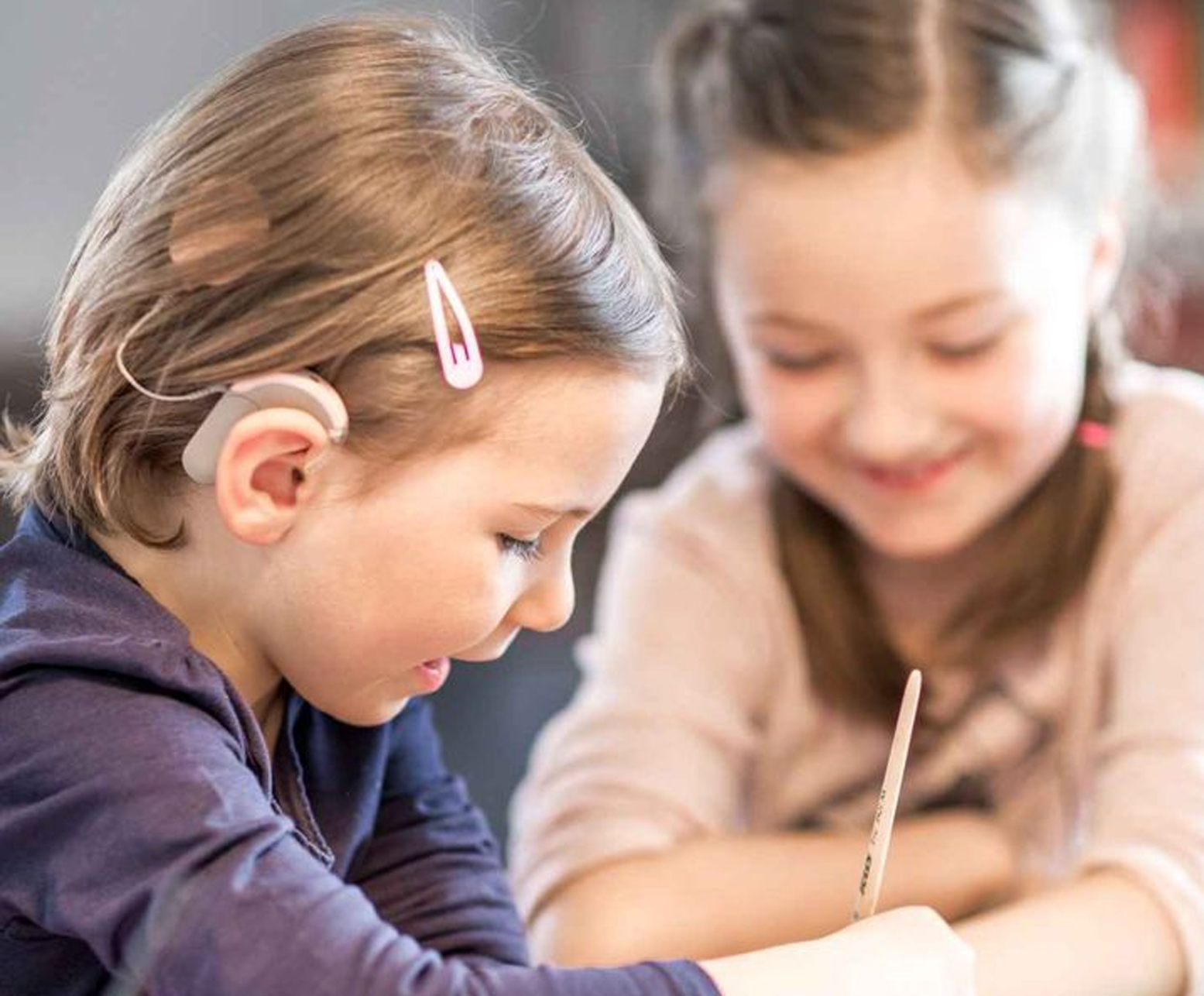
From Aids to Implants: Rediscover the World of Sounds!
Cochlear implants are a life-changing solution for individuals with severe to profound hearing loss who gain limited benefit from hearing aids. Unlike hearing aids that amplify and enhance the external sounds, cochlear implants bypass the damaged inner ear to stimulate the auditory nerve directly, enabling it to send signals to the brain to process and understand the sound.
What are Cochlear Implants?
Cochlear implants are electronic devices that stimulate the auditory nerve via electrodes placed surgically in the cochlea of the inner ear. A cochlear implant comprises two parts - an external sound processor, which converts sounds into electrical signals, and an internal implant, which activates the auditory nerve.
Is a Cochlear Implant Right for You?
If you have severe to profound hearing loss and hearing aids are not helping much, a cochlear implant may be an ideal solution. It is suitable for individuals who struggle with understanding speech, even in quiet environments. An audiologist or ENT specialist will determine if you are a candidate for cochlear implants.
40
Qualified Audiologists
400042
Satisfied Clients
15
Day Moneyback Guarantee
20
Years of Trusted Care
WAY CHOOSE US
From Surgery to Rehabilitation: The Cochlear Implant Process
The process of cochlear implantation involves a comprehensive assessment, surgery, and post-surgery rehabilitation, and everything in between. The cochlear implant team aims to help people with severe to profound hearing loss perceive sound and live a better quality of life, especially when hearing aids fail to work. The audiologist also programs the surgically implanted device to suit the candidate’s unique hearing needs and lifestyle to provide optimised sounds.
Initial Assessment
A team of audiologists, speech-language pathologists, and otolaryngologists conducts audiological and medical evaluations to determine candidacy.
Inner Ear Evaluation
Imaging tests, like MRI or CT scans, are conducted to assess the structure and functioning of the inner ear (cochlea) and auditory nerve.
Hearing Aid Trial (if needed)
The audiologist may perform a final hearing aid trial, if needed, to confirm if the candidate is getting limited benefit from it.
Candidacy Confirmation
If all the tests prove the individual has critical hearing needs, the audiologist and ENT team confirm cochlear implant candidacy.
Surgical Consultation
The audiologist and the ENT surgeon plan the ideal implantation, procedure, expectations, and the pre-operative requirements.
Cochlear Implant Surgery
A cochlear implant surgery is a brief and outpatient procedure, where the internal implant is placed under the skin behind the ear.
Activation and Programming
After 2-4 weeks of the surgery, the audiologist activates and programs the external speech processor to optimise sound quality.
Post-Operative Rehabilitation
To help the patient interpret sounds and adapt to the new world of hearing, the team conducts auditory training and speech therapy.
Follow-Up and Maintenance
The implant's performance is monitored in regular follow-up appointments, and periodic reprogramming and maintenance are done.
Living with Cochlear Implants
A majority of the cochlear implant candidates have reported a significant improvement in the ability to perceive different sounds, enjoy music, and understand everyday conversations, even in crowded places. Kids with cochlear implants can experience progress in speech and language development and perform well in academics, compared to their hearing-impaired peers. However, to ensure long-term success with cochlear implants, we recommend the following:

